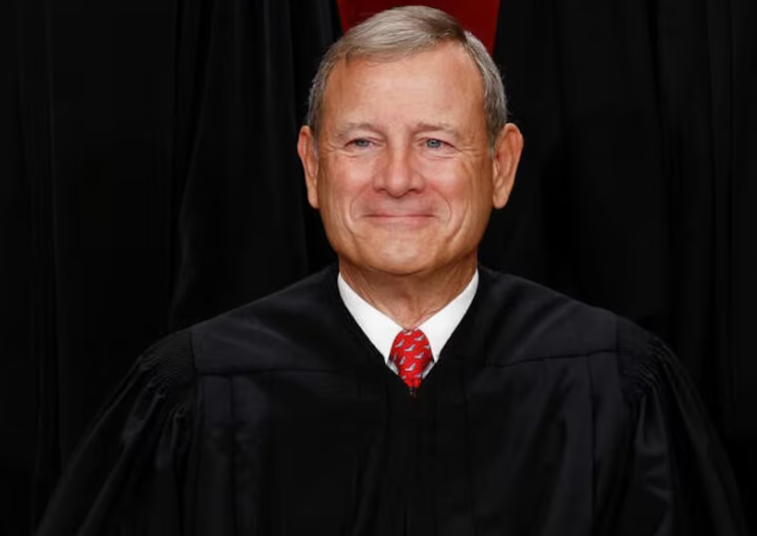Supreme Court Chief Justice John Roberts issued a stark warning on Tuesday about rising threats to the judiciary’s independence. He highlighted increasing violence, intimidation, and troubling rhetoric from elected officials, which he argued jeopardize the rule of law.
Growing Threats to Judges and the Judiciary
Roberts revealed a sharp increase in violent threats and online intimidation targeting judges. Over the past five years, the U.S. Marshals Service investigated more than 1,000 serious threats against federal judges. Some judges, facing extreme danger, now wear bulletproof vests to protect themselves.
Additionally, Roberts raised alarms about hackers stealing confidential court information and foreign state actors spreading disinformation online. These cyberattacks, amplified by bots, not only distort judicial decisions but also sow discord within the democratic system.
Criticism vs. Dangerous Rhetoric
Roberts emphasized the distinction between informed criticism and what he described as “illegitimate activity.” While he welcomed public engagement and debate on court rulings, he condemned disinformation and baseless accusations of political bias. He noted that public officials sometimes make reckless statements that encourage dangerous reactions.
For example, Roberts cited instances where elected officials suggested openly disregarding federal court rulings. He labeled these suggestions as “dangerous” and insisted that leaders across the political spectrum firmly reject them. He also pointed to protests outside justices’ homes, such as the 2022 incident involving an armed man arrested near Justice Brett Kavanaugh’s residence.
Balancing Accountability and Independence
Roberts acknowledged that court rulings often provoke strong and passionate reactions. He argued that such engagement can foster a more informed society and strengthen democracy. However, he warned that excessive criticism, especially from public officials, can undermine judicial independence.
Though Roberts avoided mentioning specific cases, he alluded to decisions that sparked political outrage, including the 2022 ruling that rolled back abortion rights and another decision granting former President Donald Trump substantial immunity in a now-dismissed criminal case.
Roberts also refrained from addressing ongoing ethics controversies involving gifts and travel received by some Supreme Court justices. Democratic lawmakers have demanded reforms and launched investigations into these allegations.
A Call for Responsibility
In his year-end report, Roberts urged public officials to temper their rhetoric and act responsibly. He argued that reckless statements and intimidation tactics threaten the judiciary’s independence and, by extension, the foundation of the rule of law.
By highlighting these challenges, Roberts called for a collective effort to protect the integrity of the courts and maintain public trust in the judicial system.

